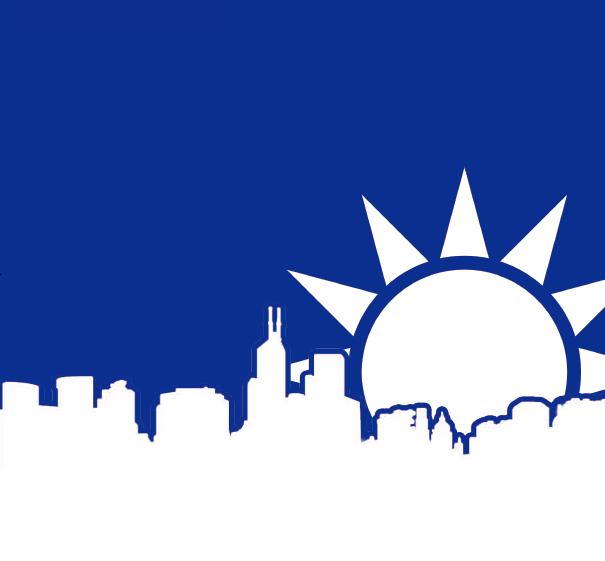Although the UN pays for their rent, the refugees have to look for accommodation and settle all the relevant arrangements with their landlords themselves. Alex, a Somali refugee, found it hard to find a place to live in Hong Kong on such a tight budget.
“Including water and electricity fees, the room where I live in now at Sham Shui Po costs me around HK$2,000 HKD every month.” says Alex. As the rent exceeds the amount of money subsidised by the UN, a church helped him make up the shortfall.
David, who prefers to remain anonymous, came to Hong Kong with his wife, who was five month pregnant at the time, four years ago. He has had similar experiences to Alex. “At first, my wife and I only got HK$2,000 from the ISS and our first apartment in Jordan was 6 sq m. in size [64 sq ft]. A very tiny room cost us HK$2,800.” David says the extra $800 HKD also came from a friend from church.
Adam points out that it is hard for refugees to just get by. “There is a gap between what is provided and what we actually need,” he says. “They give us rice, but they don’t give us a rice cooker; they give us meat, but there is no fridge to store it; they give us accommodation, but there is not a proper bed for us to sleep on.”
A refugee’s journey is never easy. In order to leave as soon as possible, they usually have to pay a substantial amount of money to local agents or smugglers for their services. In poverty-stricken Somalia, this fee can be as high as US$4,000 per person.
David says he paid HK$50,000 to a travel agency in order to escape with his wife. He thought they were heading to Australia. “I got off the airplane only to realize I was here in Hong Kong. All I knew about Hong Kong at that time was Jackie Chan and Bruce Lee.” David was 22 years old when he first arrived in Hong Kong and had never left Somalia before.
He is not alone. Many asylum seekers had no idea they would end up in Hong Kong. But in fact, if an asylum seeker goes to a country that requires them to have a visa, like the US and Canada, they might never be allowed into the country. They may be turned back at the airport, or else immediately placed in detention. As Hong Kong is a visa-free destination for many countries, it appears to be increasingly a midway point for refugees.
“If you are a political refugee, of course you don’t have the luxury of applying for a visa and letting the government know where you are going. So you have to go straight to some countries where visa is not required,” says Jonnet Bernal, assistant manager of Christian Action, a Hong Kong charity that launched its Refugee Programme in 2004.
But not everyone who comes to seek asylum can become a refugee. They must enter first as an asylum-seeker. Then they must go through the refugee status determination (RSD), a strict screening process held by the UNHCR, in order to ascertain refugee status. They are not recognized as a refugee until they successfully pass all the interviews and assessments to verify their data.









































